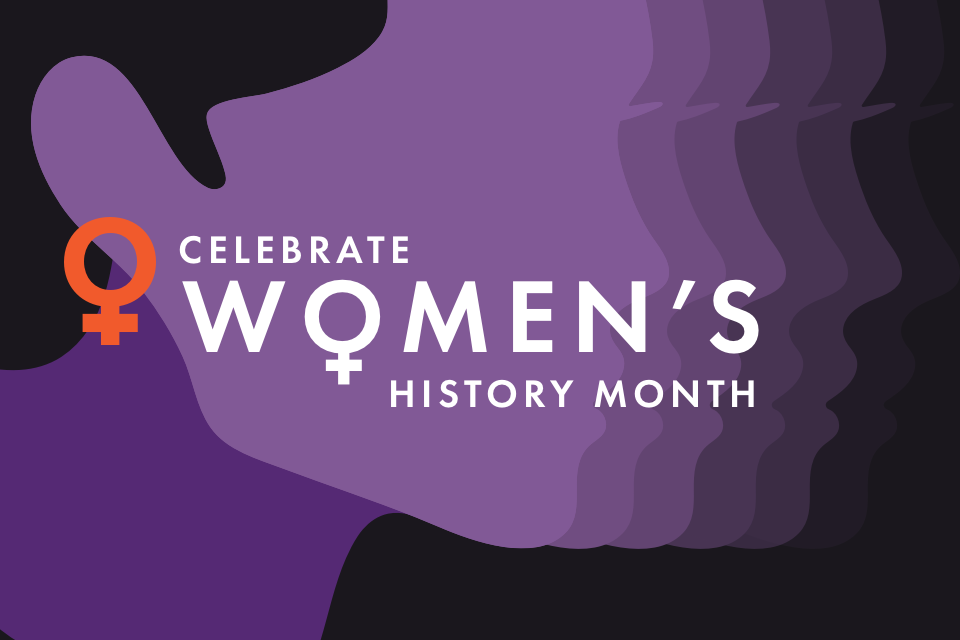National Men’s Health Week was created by Congress in 1994 to heighten awareness of preventable health problems and encourage early detection and treatment of disease among males.
Did you know that a boy born today will live nearly four years less than a girl born in the room next door? He will be over 20% more likely to die of a heart attack than the girl, and almost 30% more likely to get diabetes.
But nine times out of ten, these things can be prevented.
So let’s throw some focus on yourself, your dad, your brother, husband, partner, or friends and use this Men’s Health Week as a check-in to ensure that health and wellness come first.
Five Things to Do During Men’s Health Week
Make an Appointment
If you haven’t had your annual physical – make the appointment. Stop making excuses and make the call. Being fully informed about your own body’s health is your responsibility as a male. Get a physical every year – at your appointment set up the next one on the spot so it’s on the calendar. Talk to your doctor to ensure that you are up to date on screenings. The rate of recovery from most diseases is significantly increased by early detection.
Get Active
Head to the gym, head outside, whatever you do – move! Staying within a healthy weight range and working your most important muscle – your heart – is the simplest and best ways to avoid disease. Period.
Know Your Blood Pressure
If you don’t know your blood pressure, get it checked. High blood pressure weakens not only your heart but systems throughout the entire body. A healthy blood pressure is no higher than 120 over 80. You can get it checked at the doctor, by purchasing an at-home device, and at most Walgreens and CVS stores.
Cut Back On Sodium (This week and every week)
By eating fast foods, prepared foods, processed meats, and canned foods, the average American can easily take in 6 grams of sodium a day, which is double the recommended level. Swap out the chips or fries for a banana or an apple. Eat your veggies. Cut out processed and packaged foods.
Focus on Mental Health
While incidents of mental health tend to be lower in men than women, they are also less likely to seek treatment, according to the National Institute of Mental Health. Mental health is just as important as physical health – especially given the stress that the pandemic has generated for nearly everyone. Reducing stress, dealing with trauma, and working through life events are all important and no one has to do it alone — including men. Break the taboo by having open conversations about mental health.
So whether you are a man or just love them, take some time this week to celebrate by practicing healthy priorities.








